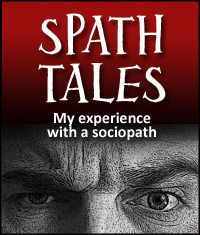By Joanie Bentz, B.S., M.Ed., LBSA toxic family operates like a cult. The head narcissists (either one parent or both) make certain that they are able to rally their troops around them, which happen to be their children. Almost always, there is one child who is never assimilated into the cult. This child is the scapegoat. From early years, this child is observed as being highly sensitive, creative, empathetic and outspoken. Because the scapegoat is not like them, the narcissists must villainize this family member to elevate themselves and feel superior. It becomes an addiction.Hence, the other children are trained on behalf of the parents to mistreat and bully the scapegoat, which …
10 examples of the scapegoat’s isolation in the narcissistic familyRead More





